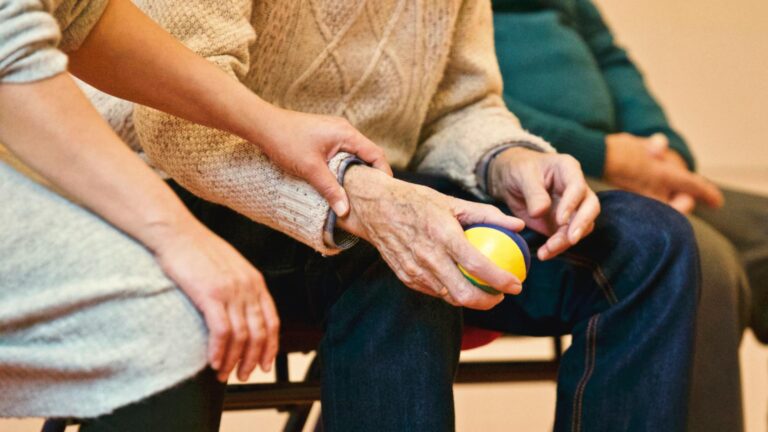Cancer patients can often work during treatment, but whether they should or can depends on many factors including the type and stage of cancer, the treatment plan, side effects, the nature of their job, and personal preferences. Many patients find that continuing to work provides emotional, social, and financial benefits, but it requires careful planning, support, and sometimes workplace accommodations.
Working during cancer treatment is possible and common for many patients. For some, work offers a sense of normalcy and purpose amid the upheaval of diagnosis and treatment. It can help maintain a routine, provide social interaction, and support mental well-being by preserving a sense of identity beyond the illness. Financially, continuing to work may be crucial for maintaining income and health insurance coverage, which can be vital given the high costs of cancer care.
However, cancer treatments such as chemotherapy, radiation, surgery, or targeted therapies often come with side effects like fatigue, nausea, pain, cognitive difficulties (“chemo brain”), and immune suppression. These side effects can make working full-time or in demanding roles challenging. The intensity and timing of treatments also influence work ability; for example, some patients may have outpatient treatments allowing them to work on non-treatment days, while others may need extended recovery periods.
The decision to work during treatment is highly individual and depends on:
– **Type and stage of cancer:** Early-stage cancers with less aggressive treatment may allow more work flexibility than advanced cancers requiring intensive therapy.
– **Treatment regimen:** Some treatments cause more severe side effects or require frequent hospital visits, limiting work capacity.
– **Job demands:** Physically demanding jobs or those requiring high concentration may be harder to maintain than flexible or sedentary roles.
– **Supportive workplace:** Employers who offer flexible hours, remote work options, reduced workloads, or medical leave can make working during treatment more feasible.
– **Legal protections:** Many countries have laws protecting cancer patients from discrimination and ensuring reasonable accommodations at work, such as flexible schedules or modified duties.
– **Personal health and energy levels:** Patients must listen to their bodies and prioritize rest and recovery when needed.
For those who choose to work, communication with employers and coworkers is important. Being open about needs and limitations can help secure accommodations and understanding. Some patients may benefit from phased returns to work or part-time schedules. Others may need to take medical leave during the most intense treatment phases.
Workplace accommodations that can help cancer patients include:
– Flexible working hours or shifts
– Ability to work from home or telecommute
– Reduced workload or modified duties
– Frequent breaks and rest periods
– Access to a private space for medication or rest
– Understanding from supervisors and colleagues
Maintaining mental and emotional health is also critical. Work can provide distraction and social support, but stress and fatigue must be managed carefully. Support from healthcare providers, counselors, family, and support groups can help patients balance work and treatment.
In some cases, patients may need to stop working temporarily or permanently due to treatment side effects or disease progression. Disability benefits, medical leave policies, and workplace protections can provide financial and job security during these times.
Ultimately, the choice to work during cancer treatment is deeply personal and should be guided by medical advice, personal circumstances, and workplace flexibility. Many cancer patients successfully continue working during treatment with the right support, planning, and accommodations, while others may find that focusing solely on treatment and recovery is the best path for them.





